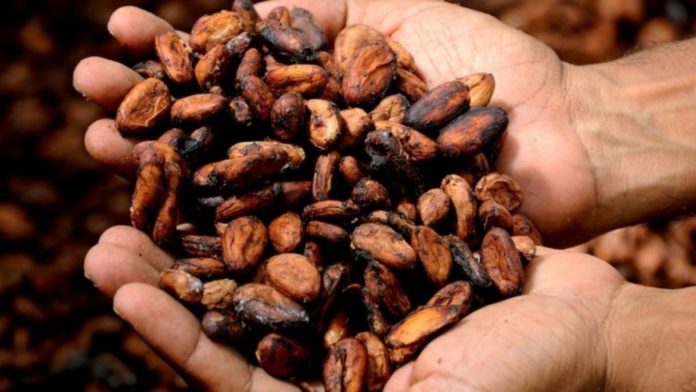Along with Heifer International, IBM announced that they would be using blockchain and artificial intelligence to help small-scale farmers in Honduras. This will help farmers make more profit and better business decisions while being well informed about the entire supply chain.
According to a study conducted by Heifer, farmers operate at 46-59% loss due to a lack of transparency in the shipping of the product to market. To curb this loss, small-scale farmers will be provided with IBM’s blockchain technology, Food Trust to monitor the supply from the farm to the marketplace, eliminating middlemen’s role to enhance profit rates for the farmers. IBM Watson, the artificial intelligence technology, Watson, a decision platform, will assist the farmers with the right knowledge of various agricultural-based queries.
Jesús Pizarro, the vice president of financial innovation at Heifer, said that the company worked in close collaboration with farmers for 18 months to figure out methods to improve profits, production, and digitizing the value chain for farmers to obtain the “premium price.”
Read more: Artificial Intelligence Powered Precision Agriculture Can Revolutionize The Food Production Industry
The technologies are currently being used by coffee farmers in the COPRANIL cooperative and cacao farmers from the Choclate4all community. For farmers to obtain the premium price, Food trust will be updated with data, starting from Heifer uploading the information on nursed plants to COPRANIL updating about the quality of beans, cleaning, drying, and roasting processes. Corporate buyers can access this information to fix the price of the beans based on organically grown, quality, etc.
IBM and Heifer will be working with CATIE, a sustainable and human wellbeing-based organization, to install the Watson platform for agriculture. The predictive AI system will compile customized results for each farmer’s land regarding expected yield, planting patterns and notify about the weather conditions based on geospatial data, environment, the climate of the region, and loT field data. These will help farmers make better decisions regarding agricultural practices and business.
In the coming future, the cooperatives aim to use Food Track to trace documents such as bills, invoices, purchase and sale orders, certifications, etc., used by traders, exports, and buyers to reduce the paperwork burden and facilitate faster transactions to the farmer.


